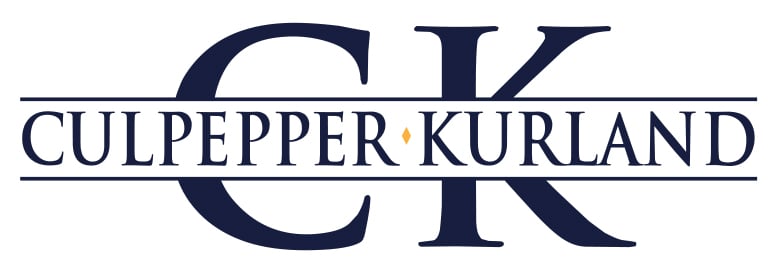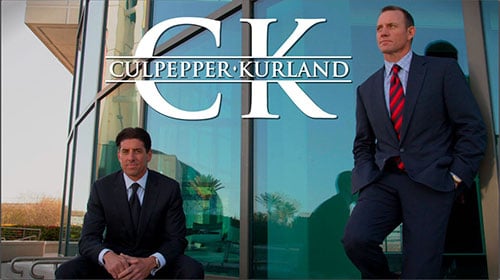Car insurance rules confuse people, in part because they are different in every state. If you didn’t attend driver’s education in Florida, you may not fully understand how the insurance system here operates even though you have a Florida policy. Even those who have lived here their whole lives find Florida insurance confusing, and for good reason.
Florida is one of a handful of states with no-fault insurance requirements. Every driver in the state has to carry motor vehicle property damage liability (PDL) coverage and no-fault personal injury protection (PIP) coverage. Many drivers don’t quite understand how no-fault insurance coverage works and may therefore struggle with getting compensation after a motor vehicle collision.
If you educate yourself about Florida’s no-fault PIP coverage, you will have the knowledge you need to easily navigate an insurance claim following a crash.
What does Florida require?
Drivers need to have $10,000 each of PDL and PIP coverage. Of course, drivers do have the right to carry more insurance than that. You could add uninsured and underinsured motorist protection to your policy, as well as comprehensive coverage or collision coverage.
Many drivers also choose to significantly increase the amount of coverage they carry, as $10,000 won’t go very far when fixing a vehicle or paying for someone’s hospital bills. Adding supplemental bodily injury liability protection could be a smart move.
When it comes to a claim for medical costs following a crash, there are rules regarding how much the insurance company will pay. Typically, PIP will only cover up to 80% of your medical costs. It will not cover the full amount, nor will it reimburse you for lost wages. You may have to pursue a liability insurance claim or a civil lawsuit against the other driver if you have losses that exceed your PIP coverage and their liability coverage combined.
While the best-case scenario involves drivers increasing their personal insurance coverage before they get into a crash, some people only understand the shortcomings of the current Florida insurance system after they get left without adequate protection. Learning more about what protects you in the event of a motor vehicle wreck will help you make use of those protections after a collision.


